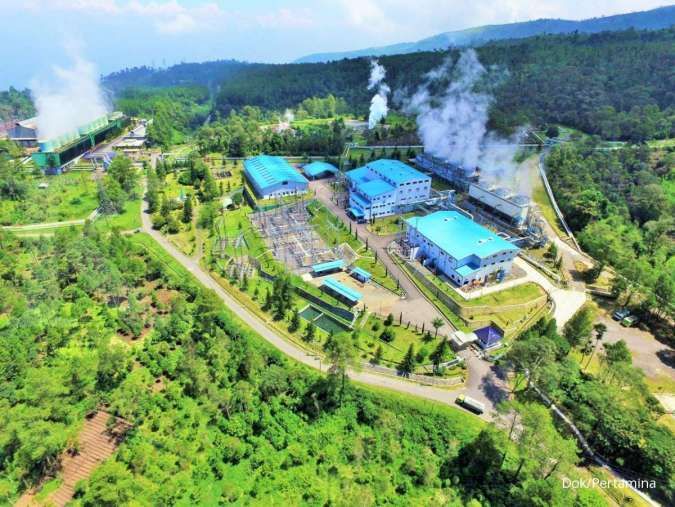Indonesia to Boost Geothermal Energy with Three New Power Plants Starting December 2024
JAKARTA, RAKYAT NEWS – Indonesia is set to enhance its geothermal energy capacity with the upcoming operations of three new geothermal power plants (PLTP) starting December 2024, contributing an additional 90 megawatts (MW) to the grid.
Eniya Listiani Dewi, Director General of New Renewable Energy and Energy Conservation (EBTKE), announced that the new plants include the Salak Binary, with a capacity of 15 MW and current progress at 95.5%; Blawan Ijen Unit 1 at 34 MW, currently at 92.02% progress; and Sorik Marapi Unit 5 at 40 MW, which is 87% complete.
In addition to boosting capacity, Eniya expressed optimism about achieving geothermal investment of approximately $664 million this year, which would bring the total investments over the past decade to $5.4 billion.
This development underscores the increasing attractiveness of renewable energy investments due to improved return on investment (ROI) prospects.
To facilitate this growth, support from the Ministry of Finance and the Ministry of Environment and Forestry is crucial, especially in light of Presidential Regulation No. 112 of 2022, which outlines fiscal incentives. The Ministry of Energy and Mineral Resources (ESDM) is also promoting faster infrastructure development by increasing the Domestic Content Level (TKDN) through the newly established Regulation No. 11 of 2024.
Since 2014, Indonesia has added 1.2 GW of geothermal capacity, raising the total installed capacity to 2.6 GW—approximately 11% of the nation’s geothermal potential. Geothermal energy now contributes 5.3% to Indonesia’s energy mix, solidifying the country’s position as the second-largest geothermal electricity producer in the world.
This capacity expansion is expected to provide electricity to 1.3 million homes and reduce greenhouse gas emissions by 17.4 million tons of CO2 annually, supporting Indonesia’s commitments under the Paris Agreement.
As of late 2024, the government has identified 362 geothermal hotspots with a total potential of 23.6 GW, alongside issuing 16 geothermal licenses and assigning 14 projects to state-owned enterprises. (Uki Ruknuddin)


Tinggalkan Balasan Batalkan balasan